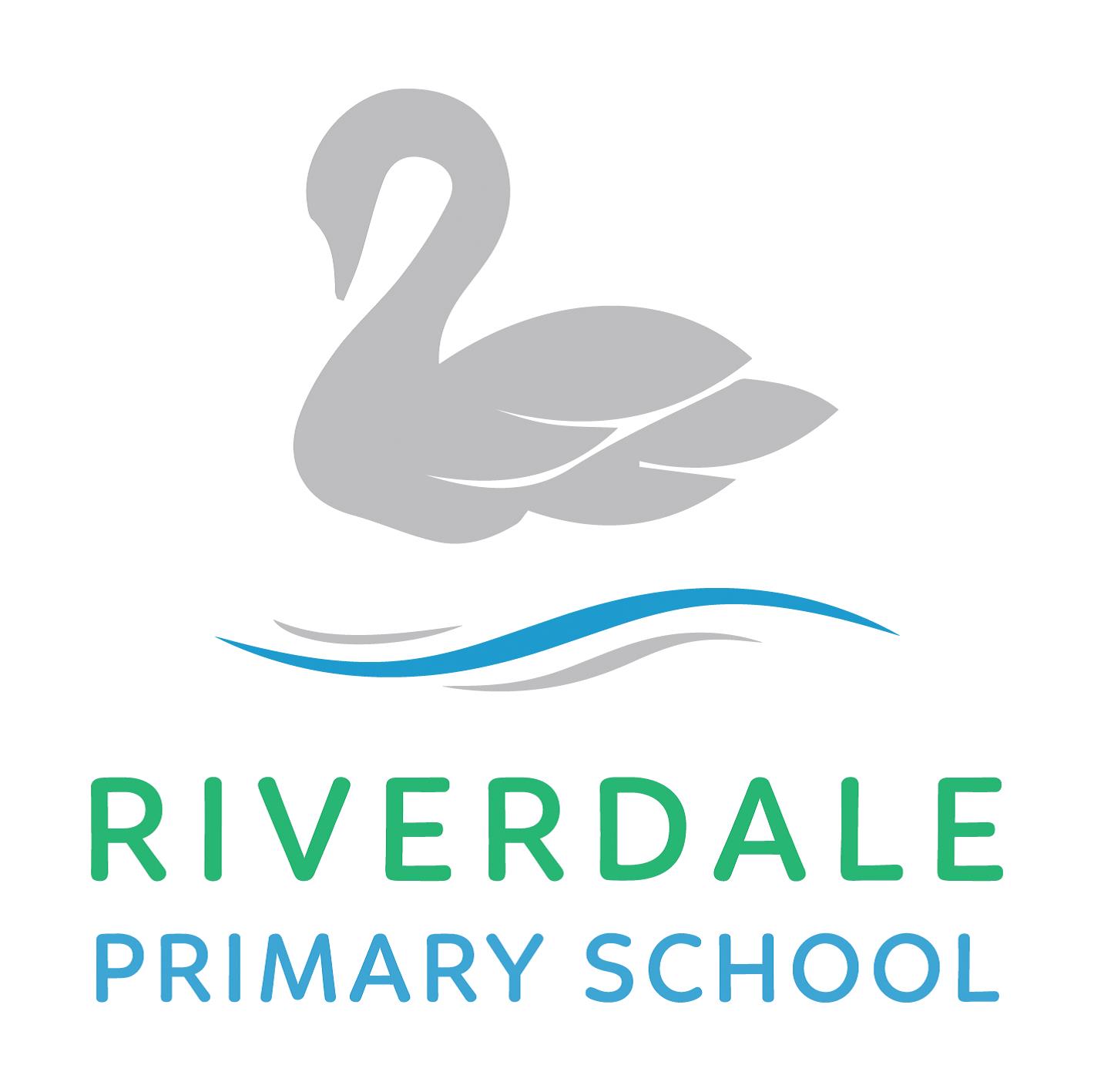Special Educational Needs and Disabilities
At Riverdale Primary School, we are committed to providing an inclusive education for all learners. Our approach is guided by the principles outlined in the Children and Families Act and the SEND Code of Practice, which emphasise the importance of early identification, personalised support and the active involvement of parents and pupils in the learning process. We believe that every child has the right to a high-quality education that meets their individual needs.
The Special Educational Needs and Disability Co-Ordinator is: Mrs Lyndsey Taylor
Redcar and Cleveland Local Offer
Redcar and Cleveland’s Local Offer is a free information directory that shows what support or provision is available in our area for children and young people with special educational needs and/or disabilities aged 0 – 25 years old and their families.
Click here for more information




